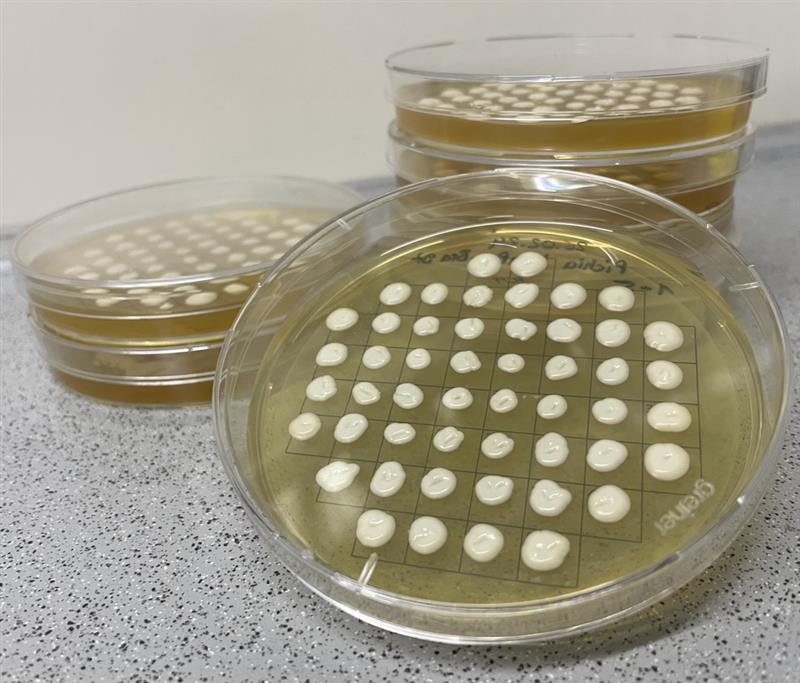Protein sweetener breakthrough offers 10,000-fold sugar reduction potential
German researchers have developed a novel protein-based sweetener that could revolutionise sugar reduction in beverages and processed foods. The biotechnology-derived compound, designated X3, demonstrates sweetness intensity 10,000 times greater than table sugar while exhibiting improved sensory characteristics compared to existing high-intensity sweeteners. The innovation comes as global health organisations intensify pressure on manufacturers to reduce sugar content in processed foods.
According to Dr Stefan Rasche from the Fraunhofer Institute for Molecular Biology and Applied Ecology IME, the team has successfully engineered an enhanced version of brazzein, a sweet-tasting protein naturally found in the African plant Pentadiplandra brazzeana. The modified protein demonstrates significant improvements in both sweetening power and taste profile compared to its natural counterpart.
Biotechnology enables scalable production
The researchers employed microbial fermentation techniques to produce the sweetener, inserting the gene encoding the modified sweet protein into yeast cells. These engineered cells are cultivated in controlled bioreactor conditions to optimise protein production, followed by purification and drying processes to yield the final sweetener.
“A single gram of the substitute is as sweet as about 10 kilograms of sugar,” explains Rasche. “By working with our partners, we have managed to develop an SP that is about 10,000 times sweeter than table sugar.” This represents a three to four-fold increase in sweetness compared to natural brazzein.
Addressing sugar reduction challenges
The development addresses growing concerns about excessive sugar consumption, with WHO guidelines rec-ommending a maximum daily intake of 25 grams per person. Current consump-tion patterns frequently exceed these guidelines, with a single 250ml serving of cola containing 27 grams of sugar.
The project, dubbed NovelSweets, is a collaborative effort between Fraunhofer IME, metaX Institut für Diätetik GmbH, and candidum GmbH, supported by the German Federal Ministry of Food and Agriculture (BMEL).
Enhanced sensory properties
The research team focused on improving the sensory characteristics of brazzein, particularly addressing its known throat-scratching effect. “We’re changing the protein sequence to prevent this kind of undesirable effects. The goal is a better sensory experience, without any unpleasant flavour or aftertaste,” Rasche notes.
Initial applications and future developments
Project partner metaX is currently developing prototype products incor-porating X3, including a low-protein cocoa beverage powder. The sweetener’s honey-like flavour profile and negligible caloric content make it particularly suitable for beverage applications. According to the researchers, replacing sugar in a typical cola formulation would reduce energy content from approximately 1,800 kilojoules per litre while maintaining sweetness intensity.
Before commercial implementation can proceed, the manufacturing process requires further optimisation and validation. The researchers aim to fully characterise X3’s potential while ensuring compliance with regulatory requirements for novel food ingredients.




